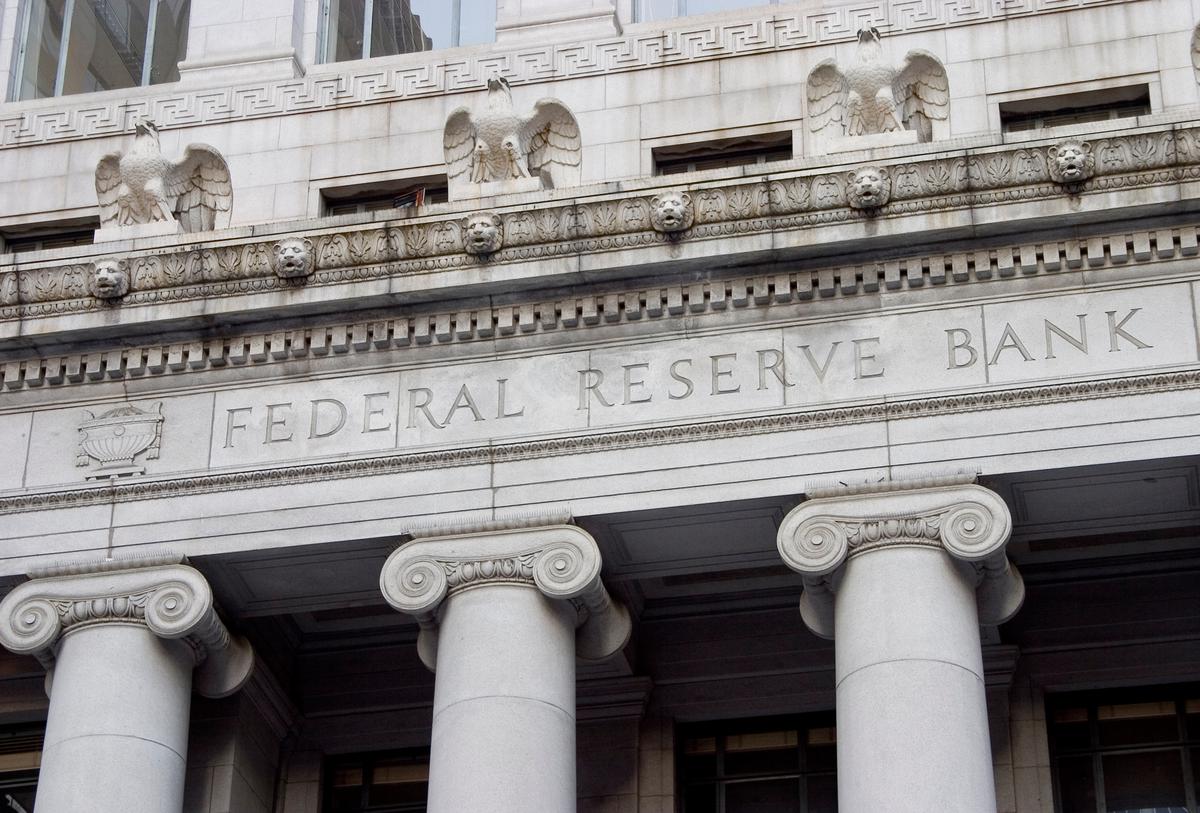The scorching summer season and a new virus every other week aren’t the only things Americans are protesting over. Throw in inflation and rising interest rates — the mortgage rates, in particular — and you have a force to be reckoned with. If you’re looking to buy a home anytime soon, mortgage interest rates forecast for the near future is something you may want to consider.
Noticed how the interest rates have shifted over the past two years? It helps to know what causes these fluctuations and what to expect in the near future; we can do that with mortgage rate predictions from experts.
What Are Mortgage Rates?
Mortgage rates basically refer to the costs involved in obtaining a loan as a means of financing a home purchase. Naturally, prices of homes are usually on the higher side and paying for them in cash is often out of the question. As such, buyers normally choose to extend the monthly payments over a long stretch of time — usually up to 30 years — for a more comfortable payment plan. But as interest rates go up due to economic changes, mortgage rates follow suit.
What Is a Mortgage Rate Lock?
As the name might suggest, a mortgage rate lock essentially guarantees that the rate in your mortgage application is the one you’ll be paying — given you don’t make any alterations to the application. At a time when interest rates are volatile like now, it can be a good idea to lock in a rate that you’ll be able to afford.










comments